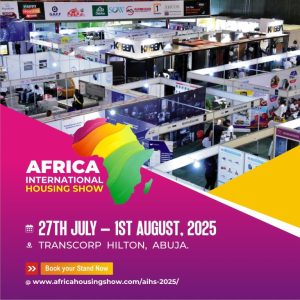The Dangote Refinery has reportedly opted for Angola-based vessels to handle the shipment of its crude and refined petroleum products, sidelining Nigerian-owned ships due to a lack of capacity.
This was disclosed at the 2025 Maritime Law Seminar held in Lagos by Capt. Ladi Olubowale, President of the African Shipowners Association (Nigeria Chapter). He attributed the decision to the absence of suitable ships in the Nigerian fleet capable of handling deep-sea logistics.
“Nigerian shipowners currently lack the required vessel classes such as Supermax, Suezmax, and Aframax needed for the refinery’s cargo demands,” Olubowale stated. “Without these, we are effectively excluded from a critical segment of the petroleum value chain.”

The development, he said, reflects broader structural challenges facing Nigeria’s maritime industry, which has long struggled with fleet modernization and financing gaps.
Echoing similar concerns, Capt. Tajudeen Alao, President of the Nigerian Association of Master Mariners (NAMM), noted that Dangote had initially approached local shipping operators to move products across West African ports. However, no Nigerian-owned vessel could meet the technical specifications or capacity needs required.
Capt. Alao urged the federal government to fast-track the disbursement of the Cabotage Vessel Financing Fund (CVFF) to support indigenous shipping firms and strengthen their participation in high-value operations such as the Dangote Refinery’s logistics.
Both maritime experts warned that if Nigeria fails to build deep-sea operational capacity soon, local players risk being locked out of future oil and gas shipping opportunities in the subregion.




